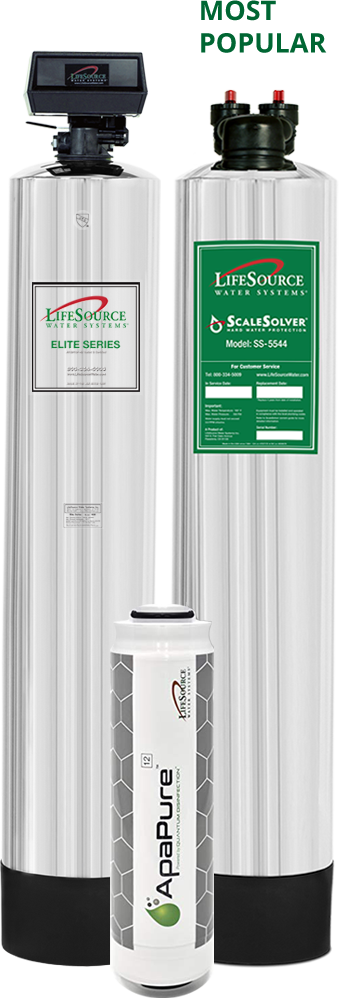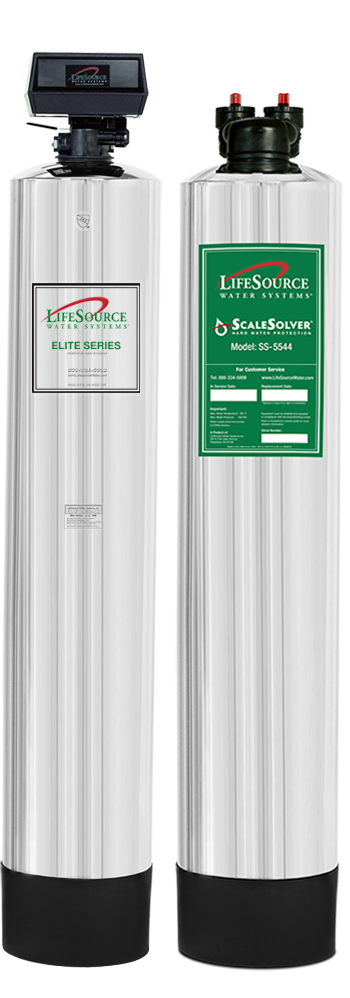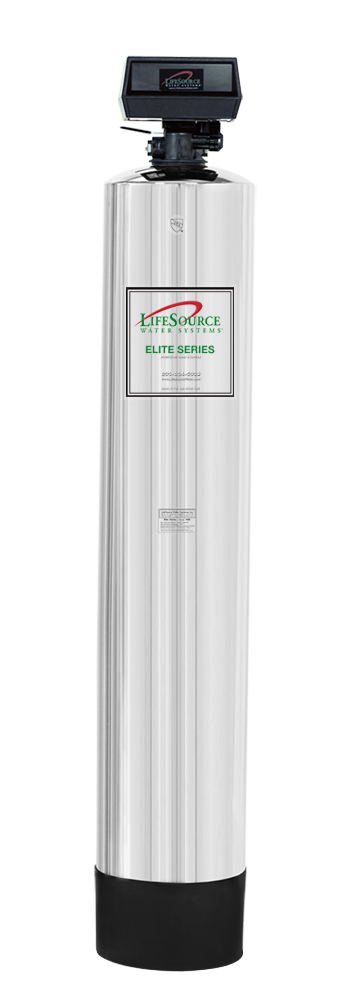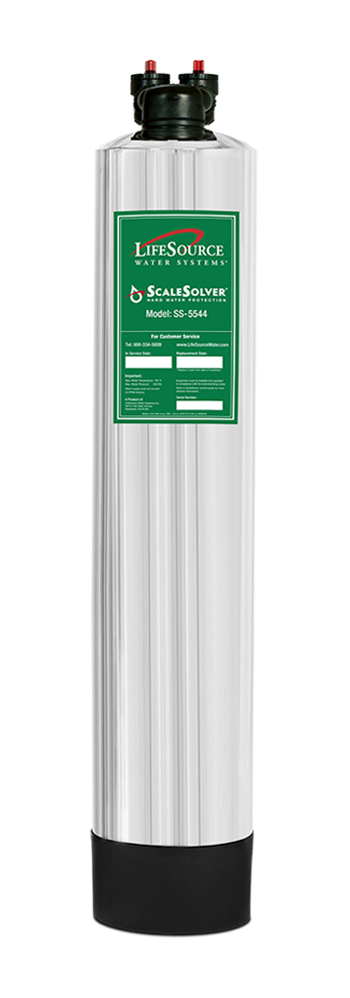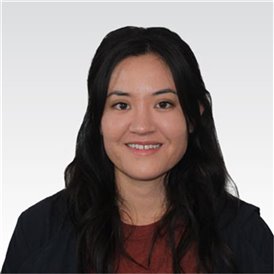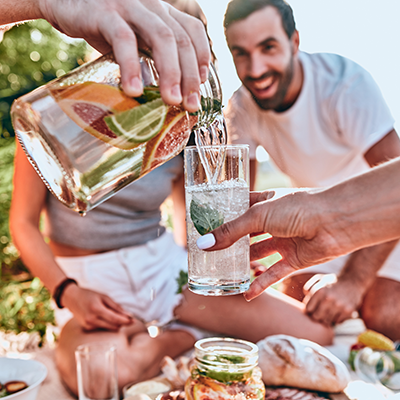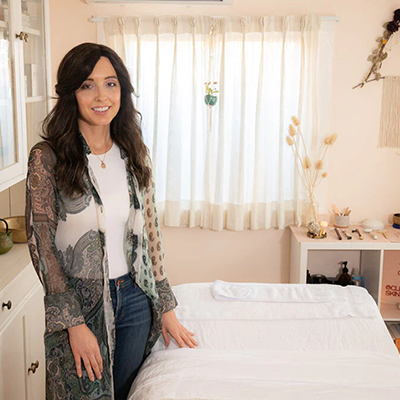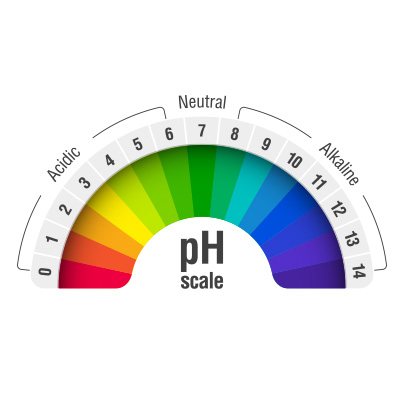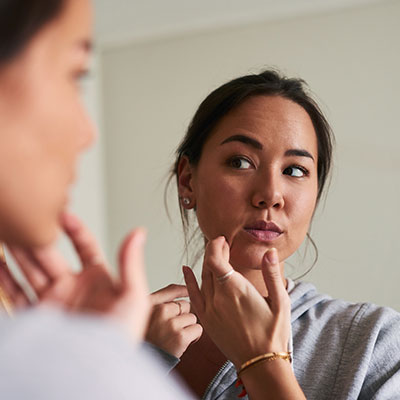
Skincare Tips from a Holistic Esthetician
Rochelle of Cleanse Skin Energy Talks Hydration & Glowy Skin
Although she grew up with a hippie mother who banned sugar and nixed Tylenol for rosemary oil, Rochelle didn’t really think about living “clean” until later in her life. When she became a licensed holistic esthetician, she wanted to concentrate on skin.
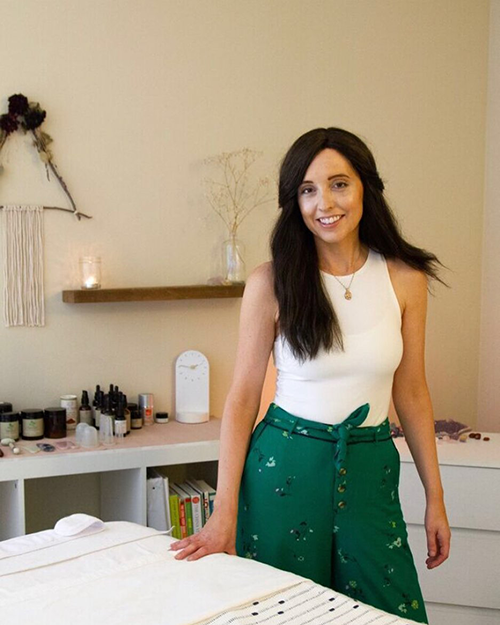
Rochelle owns and runs Cleanse Skin Energy, a holistic skincare clinic. She received a certification in plant-based nutrition from Cornell University. Her partner also has psoriasis. So when they moved into their new home, they were interested in a clean water company.
She heard good things about LifeSource from her friend Diana Ralys who owns a plant-based skincare line. Diana uses LifeSource in her home and at her spa in Santa Monica. It was important that Rochelle's partner’s skin was being taken care of holistically—and that included looking for quality water. Her partner’s skin responded positively to the water when visiting his parents, who also own a LifeSource system. So they decided to go with LifeSource, which filters out chlorine and other contaminants and retains healthy minerals.
“Chlorine can be found in tap water. It is used to disinfect our water of viruses, bacteria, and other microorganisms," says Rochelle.
“Chlorine is a natural skin irritant that clogs the pores and strips the skin of its natural oils that keep it moisturized and healthy. Too much exposure to chlorine dries out the skin and causes irritation and itchiness," says Rochelle.
A month before moving into her new home, Rochelle would frequently stop by and fill up jugs with LifeSource water. Before LifeSource, she had never owned a water treatment system and always drank spring water.
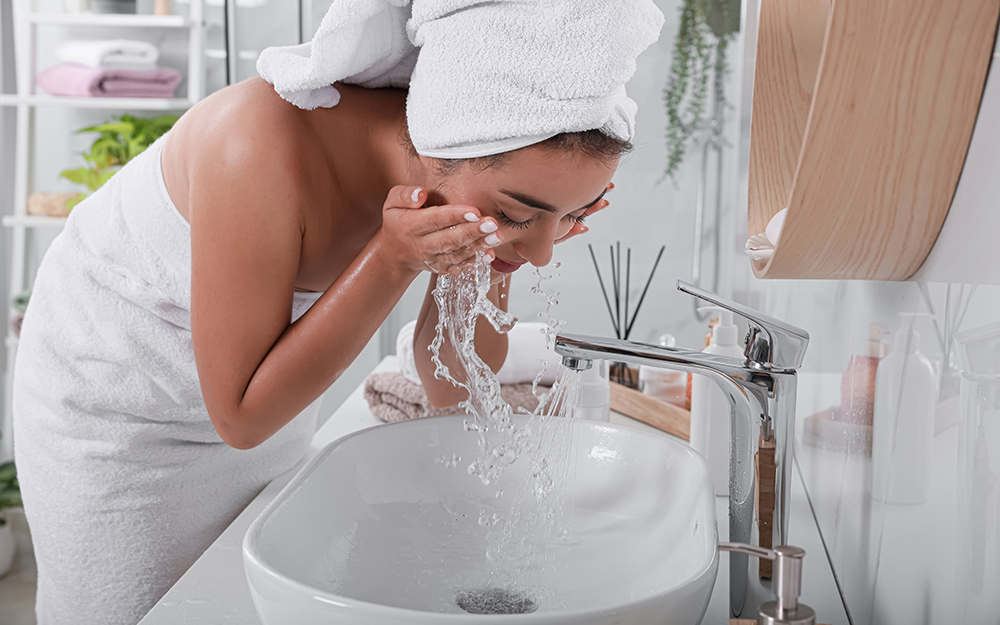
“We hadn’t been drinking tap water for a very long time. [LifeSource] tastes like spring water, but better because it’s not sitting in those plastic containers,” says Rochelle, “which may contain traces of microplastics.”
In fact, Rochelle tells her clients to wash their faces with filtered water because certain contaminants in unfiltered water may break down collagen and cause inflammation in the skin.
“Typically, the water we drink is going to the vitals, so the lungs, the heart, the brain,” says Rochelle. The water is then circulated throughout the body through fluid such as blood. Water also delivers oxygen and nutrients to the cells, detoxes waste in the body, and regulates body temperature.
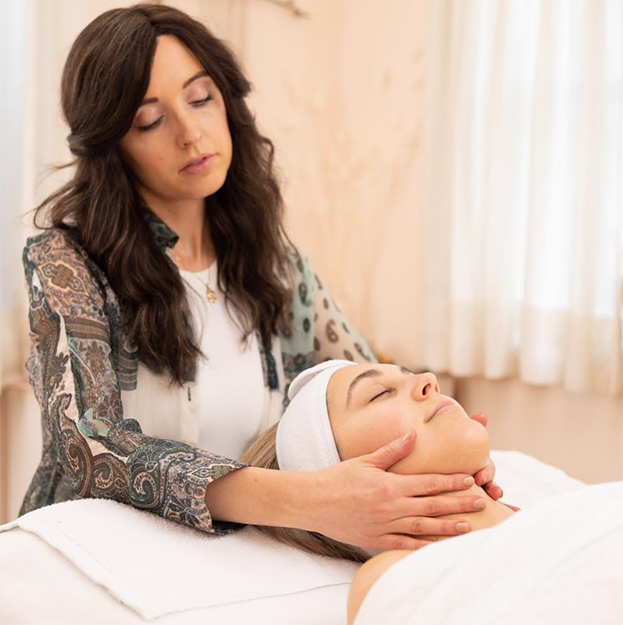
Rochelle shares holistic skincare tips that she recommends for glowy skin:
Massage the skin upwards for 2-3 minutes morning and night with an oil or a moisturizer. This stimulates blood flow and oxygen, and sculpts and tones the facial muscles. You can use a gua sha, facial roller, or microcurrent device.
Wash your face with lukewarm water. Hot water dehydrates the skin.
Always wear sunscreen.
Consistency. Consistency. Consistency.
“When you’re consistent, you’re going to get results. If you use a gua sha only once a week, you won’t get the results … Repairing skin takes time.”
Rochelle compares skin improvement to visiting the gym and expecting to see results in one day or even 1 or 2 weeks, which is unrealistic.
On Collagen Supplements – Since most collagen is not plant-based (usually from cows), Rochelle doesn’t recommend taking them. She says that intaking animal products may affect the liver.
How is the liver related to proper skincare hygiene?
Rochelle says that consuming a diet high in fat and animal protein can overwork your liver and cause inflammation. Keep in mind that factors like body weight, pre-existing conditions, and how much meat is in one’s diet affect whether this phenomenon occurs, or its severity.
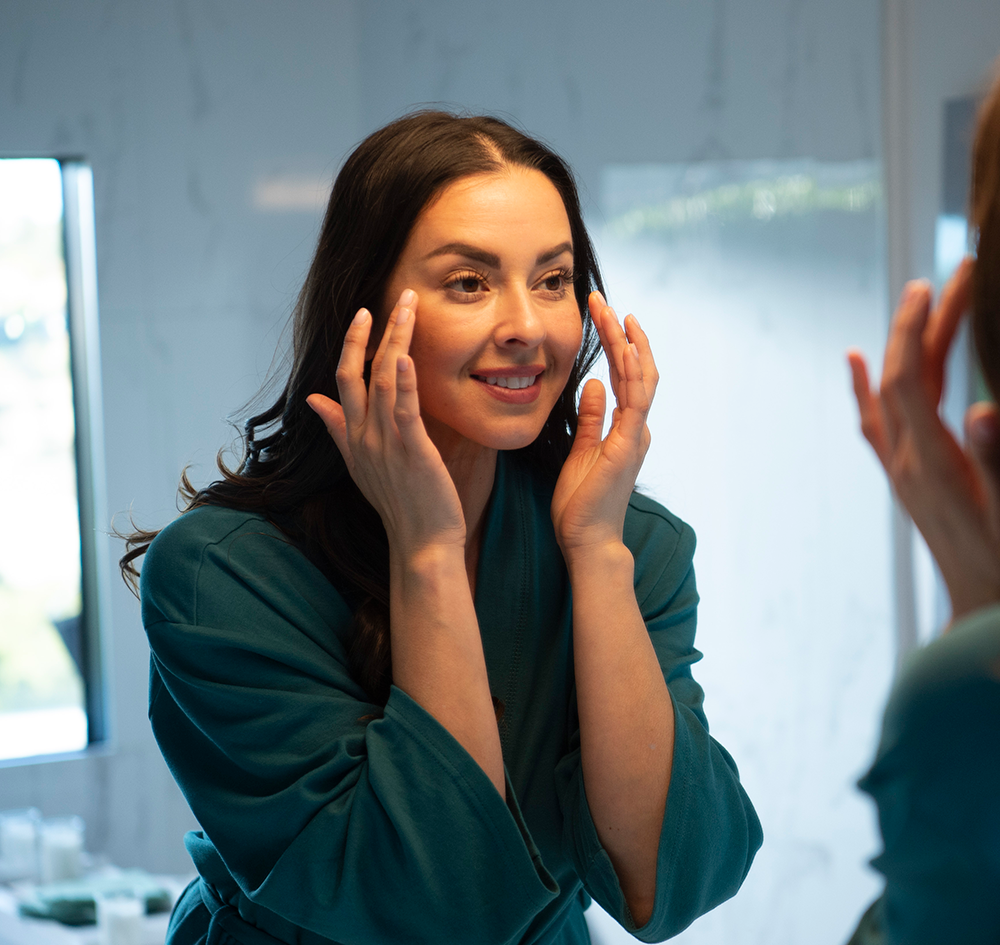
Furthermore, Rochelle says, many collagen studies are conducted by the companies that produce and sell the product. Studies done in third-party labs may be more trustworthy.
On “slugging”, or slathering Vaseline all over the face overnight – DO NOT DO THIS. Although social media gurus may tout that slugging moisturizes the face, Rochelle says, “Vaseline is made of mineral oils and can clog pores. It doesn’t allow skin to breathe very well.”
And for sensitive, acne-prone skin?
Stop picking! Instead, ice the skin. And, in lieu of salicylic acid or benzoyl peroxide, Rochelle recommends creating “fancy” ice cubes to calm acne breakouts. Pour chamomile tea, mint tea, or turmeric into your ice cube tray to make fancy ice cubes. You’ll have them handy whenever you experience an outbreak. Rochelle says mint tea is good for hormonal acne.
Although Rochelle does not usually recommend animal products, she says that manuka honey can be a very effective and affordable face mask to make at home. Apply a thin layer, gently tap it in and leave it on for 10 minutes. Manuka honey contains antibacterial properties, retains moisture, gently exfoliates, and helps with breakouts.
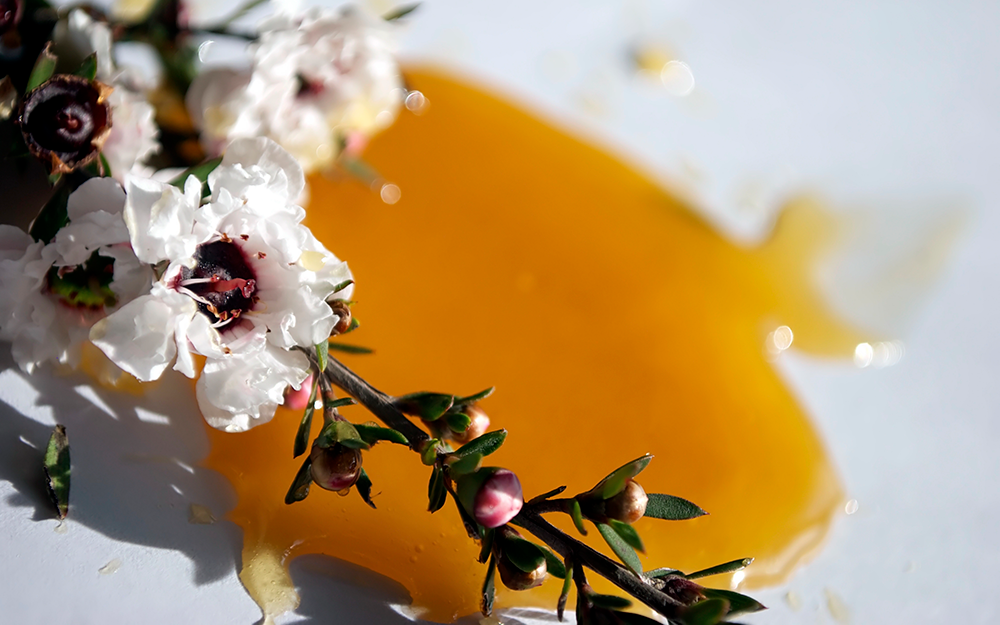
Rochelle led a client on a 6-week skin transformation journey. At the end of six weeks, her client’s cystic acne was reduced to one or two, non-painful breakouts every now and then.
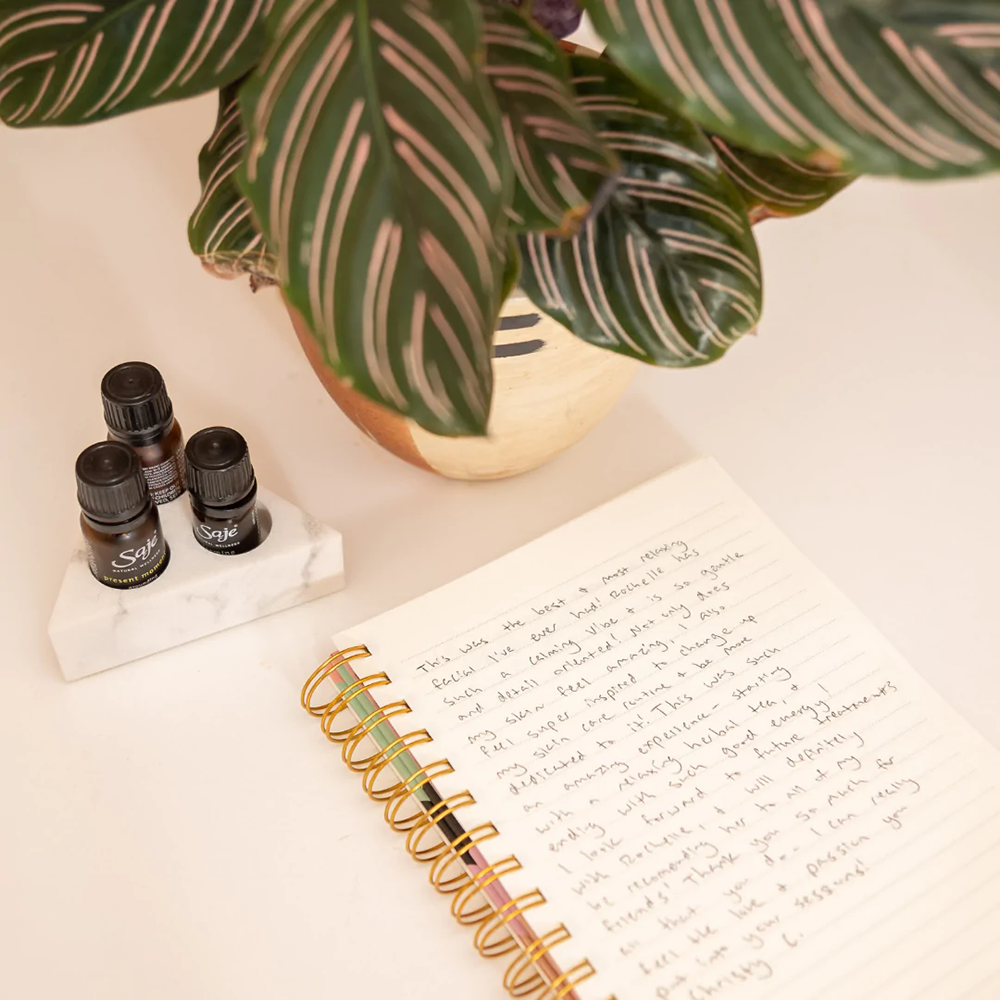
To help her client achieve this, Rochelle examined her client’s lifestyle: diet, skincare, home environment, emotional levels, and stress levels.
Home environment included adding features such as air purifiers, humidifiers, and upping water quality.
Tracking emotional and stress levels involved keeping a personal journal and food journal. Her client took note of her skin condition a few days after eating certain foods – whether she experienced breakouts or redness, which helped Rochelle track proclivities toward certain foods.
By tracking skin condition in correlation with these lifestyle elements, Rochelle helped her client achieve her goals.
And there you have it. This transformation story illustrates the “holistic” approach to skincare: examining, through natural methods, all aspects of one's lifestyle, including internal health, home environment, stress levels, skincare, etc. Because what goes on internally manifests externally, through the skin.
Is it a coincidence that a big focus of Rochelle’s practice is on skin dehydration? LifeSource thinks not.
Rochelle owns and runs Cleanse Skin Energy, a holistic skincare clinic. She welcomes clients for virtual and in-person consultations.
About Rochelle’s clinic: https://cleanseskinenergy.com/.
For skincare tips, follow Rochelle on Facebook: https://www.facebook.com/cleanseskinenergy.

